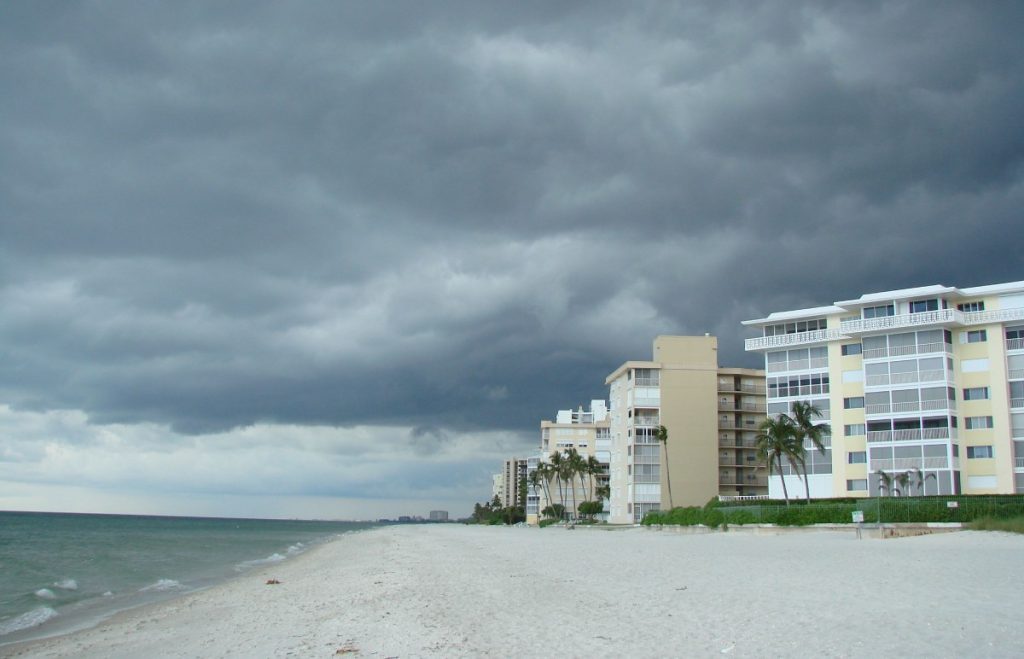On day 52 of the BP oil spill, residents of the gulf coast are still feeling that they have many more questions than answers. At this point, we have seen the majority of the oil stay offshore, but now that hurricane season has officially begun, many are wondering what will happen if a tropical system roars through the gulf. While there is a potential that the oily water could be blown all over the buildings along the coast, the more likely scenario is that flood waters will carry the oil to land, leaving large deposits behind when the waters recede.
Unfortunately, Congress has once again gone to break without funding the National Flood Insurance Program, leaving those with no flood insurance unable to purchase it. For those who already have coverage, however, FEMA has now clarified questions about whether the oil would be covered under the Standard Flood Insurance Policy.
In a memo to participants in the “Write Your Own” flood program, NFIP Director of Claims, James A. Sadler, stated that if oily flood waters were to make landfall, the damages would be covered — assuming that the “flood” met the appropriate definition spelled out in the Standard Flood Insurance Policy.
There were, however, other qualifications set forth in the memo:
1. Coverage for commercial buildings and contents must be purchased separately and the limit for damage caused by pollutants is $10,000.
2. Homes and contents are covered up to the policy limits.
3. NFIP only pays for direct physical loss by or from flood.
4. Condominium contents are covered to the policy limits.
5. Damage to ground, soil, or land caused by flood, oil, or flood water mixed with oil is not covered.
6. The cost of complying with any local or state ordinance including one that requires special removal methods for oil is specifically excluded.
7. There is no coverage for testing for or monitoring of pollutants unless there is a law or ordinance requiring it.
8. If the policyholder makes any claim against any person who caused the loss and recovers any money, the policyholder must pay FEMA or the WYO back first before the policyholder may keep any of that money.
With the uncertainty surrounding the long term effects of the oil spill and lingering questions about potential coverage under property insurance policies, FEMA’s position on coverage under the Standard Flood Insurance Policy is a small ray of hope in the ongoing fight to protect the way of life of those who live and work on the gulf coast.

